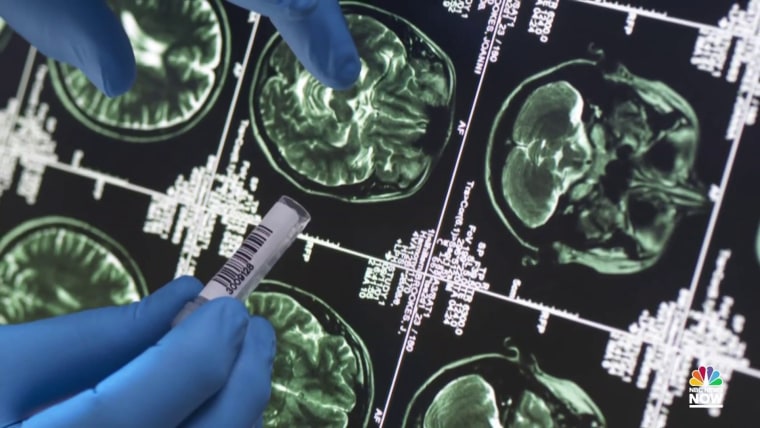How to protect our memory? Education is key, new science suggests
A handful of elements, these kinds of as training, cash flow and occupation kind, could raise the likelihood that people in their mid-50s will nonetheless be mentally sharp, a new research finds.
An evaluation of knowledge from extra than 7,000 U.S. grownups showed that these factors could clarify nearly 40{08cd930984ace14b54ef017cfb82c397b10f0f7d5e03e6413ad93bb8e636217f} of the variations in the amount of money of cognitive capability individuals experienced lost by age 54. Education and learning, in distinct no matter if a particular person experienced finished university, made the most significant variance in cognitive skills these types of as memory, judgment and focus, Ohio Condition University experts reported Wednesday in a scientific journal.
The scientists analyzed information from the University of Michigan’s well being and retirement analyze, which has been tracking more than 20,000 individuals for additional than 20 several years. The study’s databases consists of details on participants’ earnings, profession and education, together with personalized details these as marital history, religion, melancholy and cognitive skills, as properly as body mass index, activity degrees, using tobacco history and other physical health and fitness details.
The info the scientists included in their analyses arrived from a one set of 7,068 grown ups who had been 54 to 65 a long time old in 1996 and then 20 a long time afterwards.
Research co-author Hui Zheng, a professor of sociology, suspects that the reason men and women with a college or university degree do improved cognitively in their 50s is they are more possible to stop up with a job that will make them use their brains.
“If you have a work that is mentally stimulating, you are blessed, for the reason that you’re employing your brain all the time,” he reported. “The extra mental troubles in your job, the improved.”

However, going to higher education in our 20s is not the only way to stay away from cognitive declines right before men and women hit their mid-50s. Prior investigate has shown that possessing hobbies and passions that stimulate the mind, this sort of as finding out a new language, painting and writing, can also be protecting.
Even though the researchers analyzed a vast selection of items that affect our mind overall health as we age, the research did not handle the affect of genetics, which could play a sizeable position in cognitive purpose, professionals say.
There has been preceding investigate exhibiting that schooling, home wealth and accessibility to health and fitness treatment are related to the brain’s resilience, stated Dr. Thomas Wisniewski, a neuropathologist and the director of the NYU Langone Alzheimer’s Disorder Exploration Heart and its Middle for Cognitive Neurology.
Nonetheless, apart from genetics, the acquiring that elements that persons can primarily handle may well describe as a great deal as 40{08cd930984ace14b54ef017cfb82c397b10f0f7d5e03e6413ad93bb8e636217f} of the dissimilarities in the loss of cognitive capabilities at age 54 is “good information,” he mentioned.
The Ohio examine indicated that lifestyle components — these as keeping a wholesome bodyweight, preventing using tobacco and collaborating in vigorous exercising — experienced tiny effect on the fee of cognitive decline just after age 54. On the other hand, Wisniewski, who was not involved in the analyze, is not certain that “there’s practically nothing you can do about it.”
“That’s not real in my knowledge as a clinician and it is not what is been shown in other studies,” he claimed.
More on brain wellbeing and memory
When it comes to slowing cognitive decrease, bodily activity and a healthier diet program can be extremely effective, Wisniewski claimed. Handling professional medical ailments this kind of as obstructive rest apnea, diabetic issues, hypertension and cholesterol are also protective.
To illustrate the electric power of vigorous actual physical activity even in folks in their 70s, he factors to a single of his recent papers that described two clients who had been diagnosed with gentle cognitive impairment and who also had organic markers that proposed they would produce Alzheimer’s illness.
When the individuals possibly retired or slash the time spent on the career, they experienced far more time for vigorous exercising. And each upped the volume of time invested doing the job out. About the study course of 15 many years in 1 affected person and 18 in the other, there ended up no signs of cognitive decline. In point, one particular of the patients’ cognition enhanced somewhat.
“What’s excellent for the coronary heart is superior for the brain,” Wisniewski explained.
